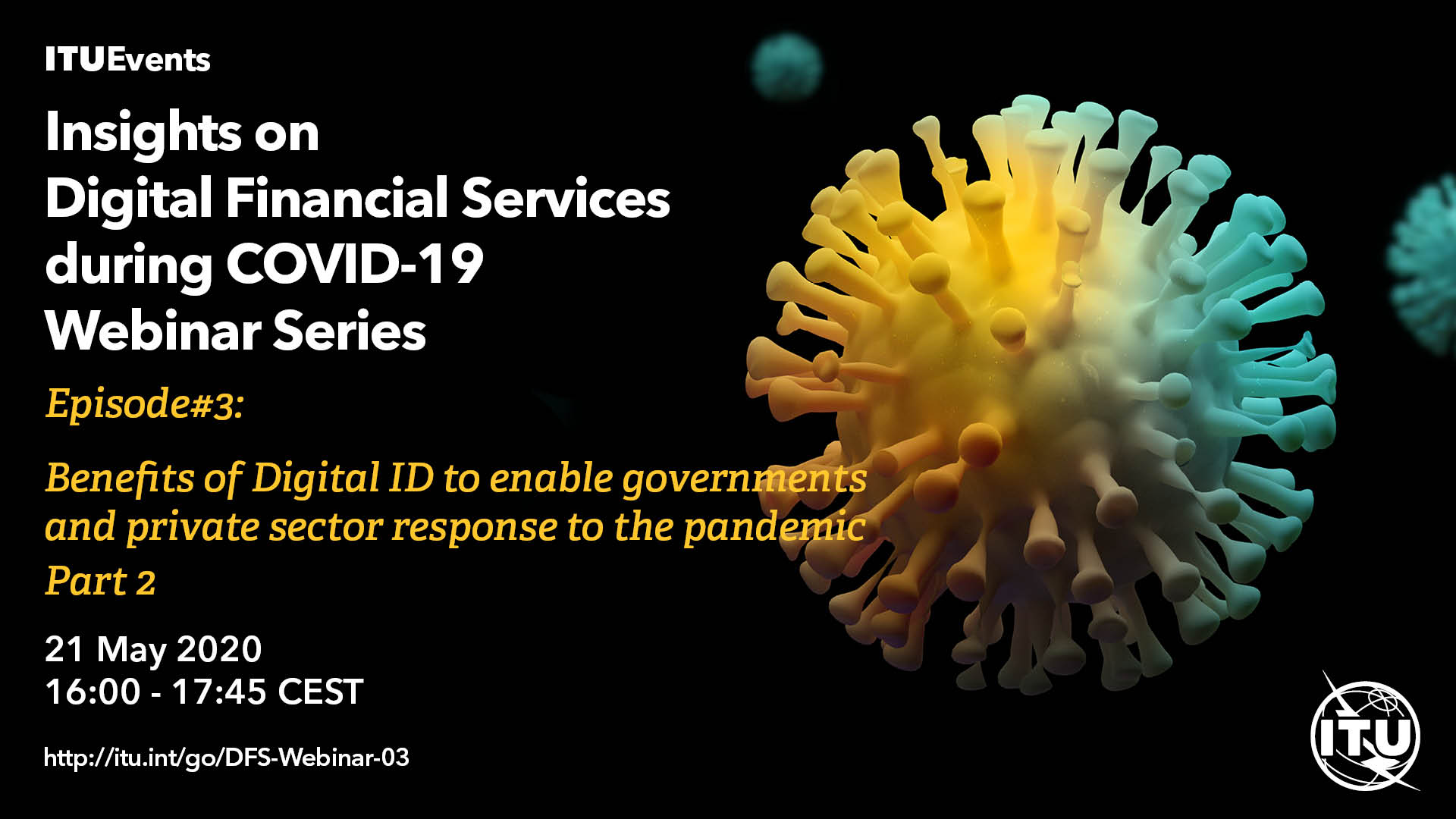
This episode is a continuation of the second episode and explores decentralised identifiers in depth and how it can help in remote onboarding of customers for DFS.
During the COVID-19 pandemic, the importance of digital everything including a digital ID has been highlighted several times. At the same time, it is to be noted that over 1 billion persons around the world do not have a foundational identity. The big question that governments and organizations around the world are still trying to address is how to combine identity and digital identity to create effective and efficient digital identity management through acceptable global standards to enable the customer’s sharing of data and verified identity through a platform which, in turn, creates an effortless experience by connecting systems, facilitating passage and improving security.
Under the Financial Inclusion Global Initiative (FIGI), the report on
Implementation of Secure Authentication Technologies for DFS, from the
Security, Infrastructure and Trust Working Group led by ITU, discussed how passwordless authentication can bridge the gap between high-security and low-friction Identity Management. Decentralized Identifiers (DIDs) has a strong potential in the field of identity management and were discussed in the report highlighting their use case for DFS. The primary inhibitor to enabling consistently secure access controls is the exponentially increasing complexity of disparate identity services. Individuals often relinquish control of identity and personal identifying information to centralized databases that are managed by companies and institutions. This does not allow individuals to control their online identities. The session will discuss the developments in DIDs and how Decentralized identity systems could disrupt the existing model and would be able to restore exclusive and local control of identity and personally identifiable information, while limiting risk of fraud, identity theft, and increasing privacy whilst strictly maintaining credential issuers’ standards of trust and accountability.
Participation is open to ITU Member States, Sector Members, Associates and Academic Institutions and to any individual from a country that is a member of ITU who wishes to contribute to the work. This includes individuals who are also members of international, regional and national organizations.
Contact:
tsbevents@itu.int
Chief of Study Groups TSB, ITU | Digital Trust |
 CVS Health | Healthcare Digital Asset | Chief Strategy Officer Kiva |